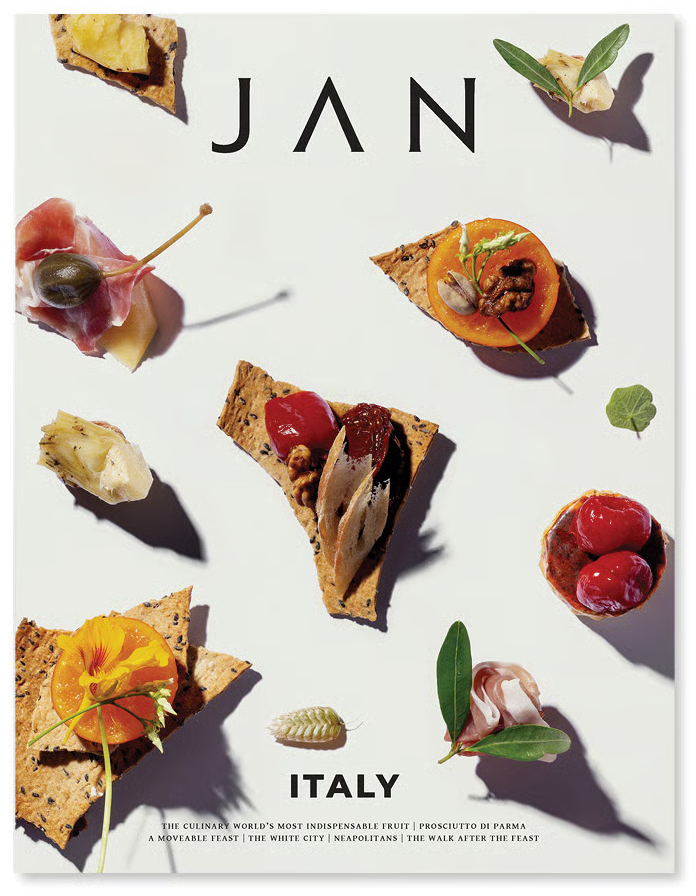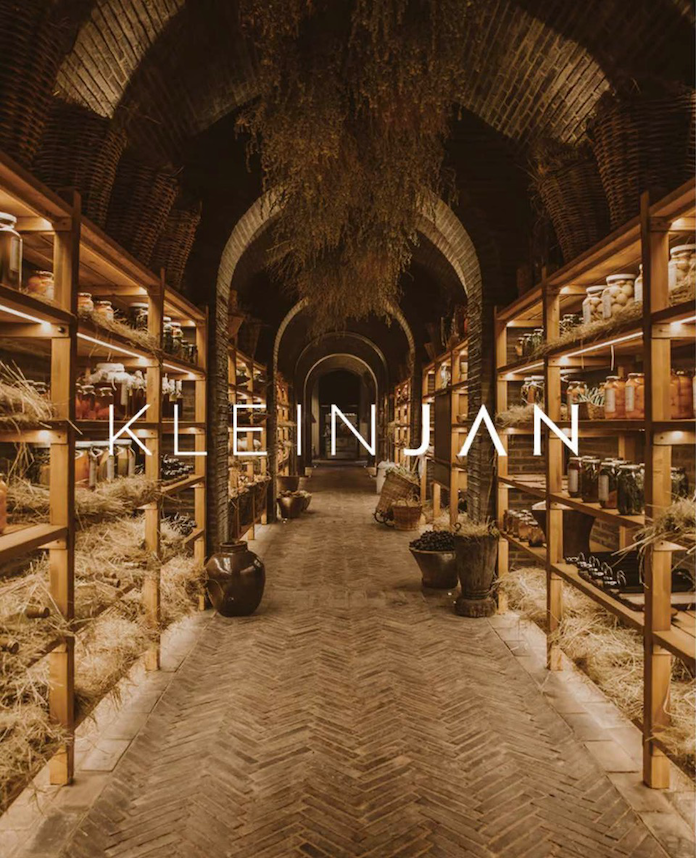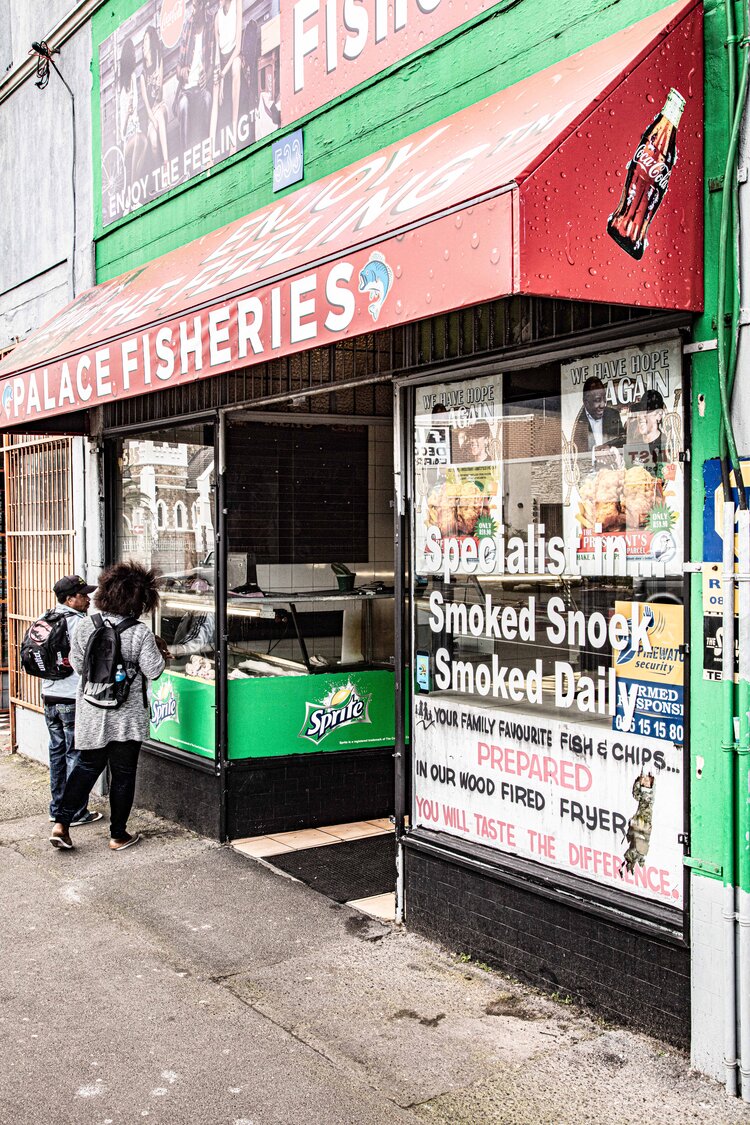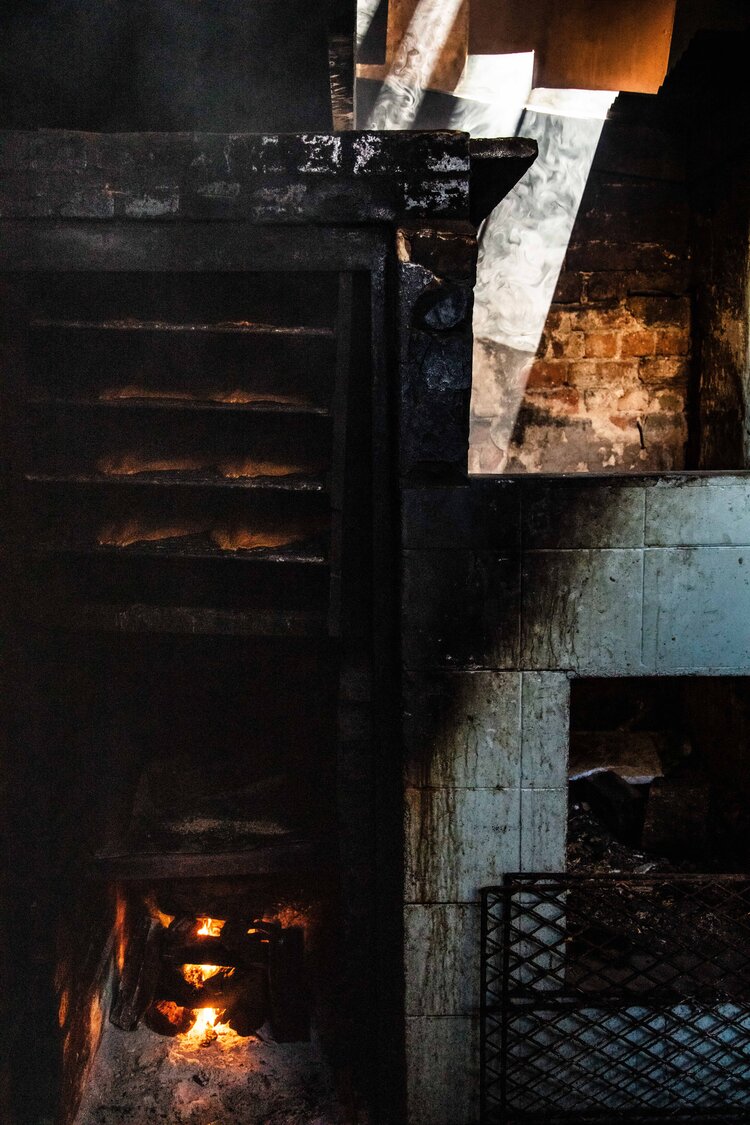The Palace
In a world run by franchises and big corporations, how often do we walk past a tiny superette or artisanal manufacturer without so much as a thought about its existence? In the moment, we might catch a whiff of freshly-fried chips, or a batch of bread that has just come out of the oven, but we seldom consider the story behind these institutions – some of which have been around for so long they’re ingrained into the very fibres of the communities they serve. On a recent exploration of Cape Town’s Salt River neighbourhood, while paying the fabled Palace Fisheries a visit, we rediscovered one of the Mother City’s most beloved gems.
WORDS BY JOHAN LIEBENBERG
On a certain day in June 2019, a few days before the State of the Nation address, in shabby Salt River on the outskirts of Cape Town, a gentleman entered a fish and chips shop. At the sight of this character, the worker mopping the floor froze and gaped at him, as did the staff behind the counter.
“I believe this is the best fish and chips shop in Cape Town?” the man asked cheerfully, aware of the stares. He was used to people gawking at him, after all – he happened to be the president of South Africa, none other than Cyril Ramaphosa.
He could easily have gone to the most fashionable fish and chips shops in the Victoria & Alfred Waterfront instead. But then, this was Palace Fisheries. Their name is legend.
The father of the present owner, Justino Ferreira, came to South Africa as a young man from Camacha, a small village on the island of Madeira. His name was Aires Tolentino Ferreira. Initially, his quest was to find his father, whom he had never known. If there was one thing Aires understood, it was hard work, and in 1957, he became the sole owner of Palace Fisheries.
He soon became known as a godfather of sorts in the Portuguese community. He was a very giving person and helped where he could. The people he assisted would eventually own their own fish and chips shops, and 90% of them were successful.
Justino Ferreira started working for his father at the age of five and, to this day, he claims that is when his true schooling began.
Today, Palace Fisheries is the only fishery in Cape Town with its own woodfired smoker on site – an attribute that has sparked its fame throughout, and even beyond, the country. Angelique Ferreira, the shop manager, says she receives requests for their smoked snoek from customers living abroad.
President Cyril Ramaphosa is not the only distinguished guest to have graced Palace Fisheries with his presence. Renowned journalist and novelist Calvin Trillin wrote about his visit to Cape Town with his friend, Sir Jeffrey Jowell, in the New Yorker of September 1994. Jowell is a law professor and a former law-school dean and barrister, a Queen’s Counsel, and an expert in constitutions. He is the United Kingdom’s representative on the Venice Commission, created by the Council of Europe in 1990 to provide constitutional advice to nations emerging from the dissolution of the Soviet empire, and was instrumental in the process that produced a constitution for the new South Africa. But more importantly, smoked snoek is to him what the Madeleine was to Proust.
By his own admission, Jeffrey, who grew up in the Mother City, has lived away from South Africa for more than forty years, yearning for smoked snoek the entire time. And so, he visited Palace Fisheries in Salt River as soon as he had the chance.
But Palace Fisheries is not just a celebrity joint. According to Justino Ferreira, the coloured community has been their most avid customer base as far back as he can remember – the oldest member still visiting the shop regularly at 85 years old.
Palace Fisheries in Salt River has an air of nostalgia about it, hailing back to the 1950s when Capetonians still heard the snoek horn sound and a coloured or Malay snoek merchant would stop by with his daily catch in his donkey cart. Soon, housewives would descend on him, purses in hand and children crowding around the cart, curious about the piled-up snoek, their scales so brilliant in the light of early spring (which, by the way, is the best time to eat snoek).
Around the corner from Palace Fisheries stands Palace Cinema, its signage now fading. Back in 1930, it screened the first talkie in South Africa. Although the cinema has long since closed, Palace Fisheries is still going strong and will hopefully continue to do so as long as snoek remains plentiful in our Cape waters.
Photographs by Hanfred Rauch
















